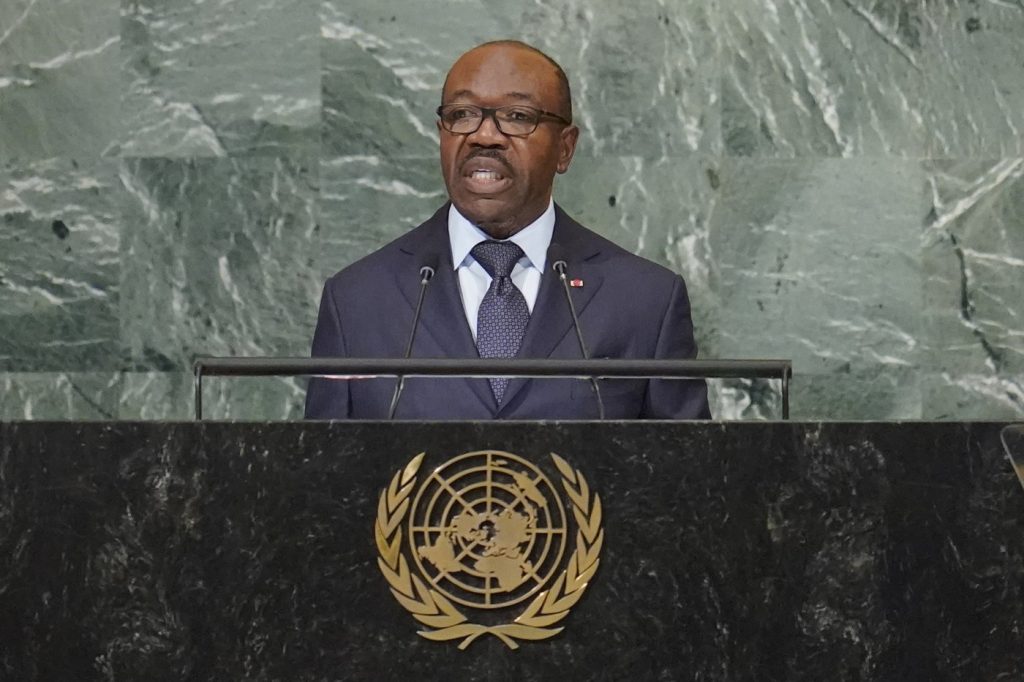CAPE TOWN, South Africa (AP) - Ali Bongo Ondimba, the former president of Gabon, who was ousted in a coup in 2023, has been permitted to leave the country and has flown to Angola with his family, as confirmed by the Angolan leader's office on Friday.
The Angolan presidency shared photographs on its official Facebook page showing Bongo's arrival in Luanda, the capital of Angola. This development follows an agreement between Angolan President Joao Lourenco and the new Gabonese leader, General Brice Oligui Nguema. Nguema, who led the coup nearly two years ago, was recently declared the winner of an election held last month.
Alain-Claude Bilie-By-Nze, the former prime minister of Gabon and spokesperson for Bongo, stated that the Bongo family had been detained unlawfully and expressed that their release came after international pressure. The African Union had previously called for the release of the Bongo family, and President Lourenco acted in his capacity as chairperson of the AU while facilitating the agreement.
Post-coup, Bongo was initially placed under house arrest following the overthrow in August 2023. However, he was released a week later due to health concerns, according to Gabonese authorities. Nevertheless, Bongo's supporters contended that he was not truly free and continued to have restrictions on his movements.
His wife, Sylvia Bongo, and their son, Noureddin Bongo Valentin, had been detained in a prison located in Libreville, the capital of Gabon, since 2023 on charges of money laundering and corruption. Notably, Ali Bongo himself did not face any charges.
The coup executed by Oligui Nguema, the former head of Gabon's Republican Guard, marked an end to a 54-year reign of the Bongo family in Gabon, a country that boasts a population of approximately 2.3 million people along the Atlantic coast of Central Africa. Ali Bongo's father, Omar Bongo Ondimba, served as president from 1967 until his death in 2009, after which Ali Bongo took over the presidency.
This significant political shift in Gabon reflects the growing unrest and demand for change in leadership within the region, spotlighting ongoing issues related to governance and the rule of law in Central Africa.











